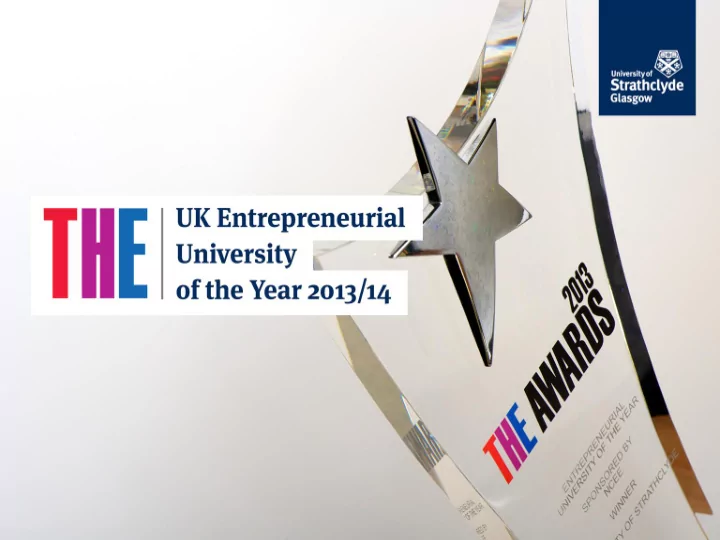

Applying to University • UCAS application process • The Personal Statement - examples • University offers and what happens next?
The UCAS application process • UCAS – University and Colleges Admissions Service • On-line application - www.ucas.com • UCAS acknowledges, checks, distributes • UCAS does not make the offer • Deadlines important – 15 October/15 January • School deadlines most important
UCAS Application - content • Personal details (email contact address) • Academic qualifications • Course choices • Personal Statement • Teachers reference
Course choices • Maximum of 5 choices • Some choice restrictions - • Medicine, Dentistry, Veterinary – maximum of 4 • Oxford or Cambridge • Universities only see applications for their institution • No order of preference
Course choices • Compare and contrast courses at different universities • Check the entry requirements • What grades and subjects are essential? • Is a portfolio or work experience required? • Deferred entry? • Check the University if in any doubt
Personal Statement • Sets the applicant apart from other applications • Gives the applicant the opportunity to show how interested they are in the subject – this is very important! • Shows the applicant’s range of skills and abilities • Enables the applicant to detail relevant work experience – especially important for vocational degrees
Personal Statement – skills and abilities What skills and abilities are important? • Communication/interpersonal skills • Responsibilities/ teamwork • Vocational courses – skills relevant to the career – organisational skills, critical thinking, empathy
Communication/interpersonal skills I know studying Engineering further will involve group work and I have had plenty of experience when it comes to working with others. I am an active member of both sixth year and school choirs, and have become involved with many team activities in which communication is the key to success. Each of these activities helps me to communicate critically and to exercise the ability to listen to the views of others, which I feel would come in very useful when studying such a complex and challenging subject as Engineering. Being a member of a Young Enterprise company also allows me to practise my communication skills as well as my role as a leader. As Charities Representative, I enjoy getting involved with fundraising events within school. This allows me to help others and I feel a real sense of achievement in doing this.
Responsibility/teamwork I am involved in many ways in my school this year, aside from my academic work. As Prefect, chosen by both staff and pupils, I have many responsibilities within the school community. I liaise both with the senior management of the school, and the pupils on issues as diverse as recycling and sports events, and I am responsible for planning and implementing ideas from a wide variety of people, as well as making my own contributions. My other passion is football. I have recently joined a local Amateur team. I am now captaining this side and in every training session and game I need to set an example for the rest of my team. I have enjoyed the extra responsibility placed upon my shoulders and I feel that my performances have excelled since being given the captain’s armband.
Vocational courses I believe that teaching is a vocation that involves a strong desire to share knowledge and to continue and promote learning. In sixth year, I have had the chance to undertake work experience in a local primary school. As well as observing teaching techniques, I have also thoroughly enjoyed being involved in all aspects of the curriculum: taking small reading groups, helping with classroom tasks, running a physical education lesson, joining in with the music specialist and doing activities with the whole class. I have learned new methods of communicating and supporting children both individually and in small groups. As a result, I feel that I can communicate more effectively with people of all age groups. As part of advanced higher Modern Studies, I researched the Children's Hearing System. This has helped me to gain some of the essential skills required to become a successful lawyer. The study involves detailed research and analysis in order to reach a balanced conclusion with convincing arguments. These skills and competencies will stand me in good stead in the legal profession.
What happens next? Once the pupil has completed their application: • School adds a reference to each application • School then sends all applications to UCAS • UCAS sends the applications to the universities • Universities review all applications and make an offer – unconditional, conditional or unsuccessful and inform UCAS • UCAS communicates decision to the applicant through UCAS Track
What happens next? • Visit the University again – applicant visits and Parent and Carers information days – February/March • Applicant accepts one offer firmly and one as a back up (insurance offer) – UCAS deadlines • Applicant works out the costs associated with going to University and applies for financial support to Student Awards Agency for Scotland (SAAS)
Useful websites UCAS – www.ucas.com SAAS – www.saas.gov.uk
Recommend
More recommend